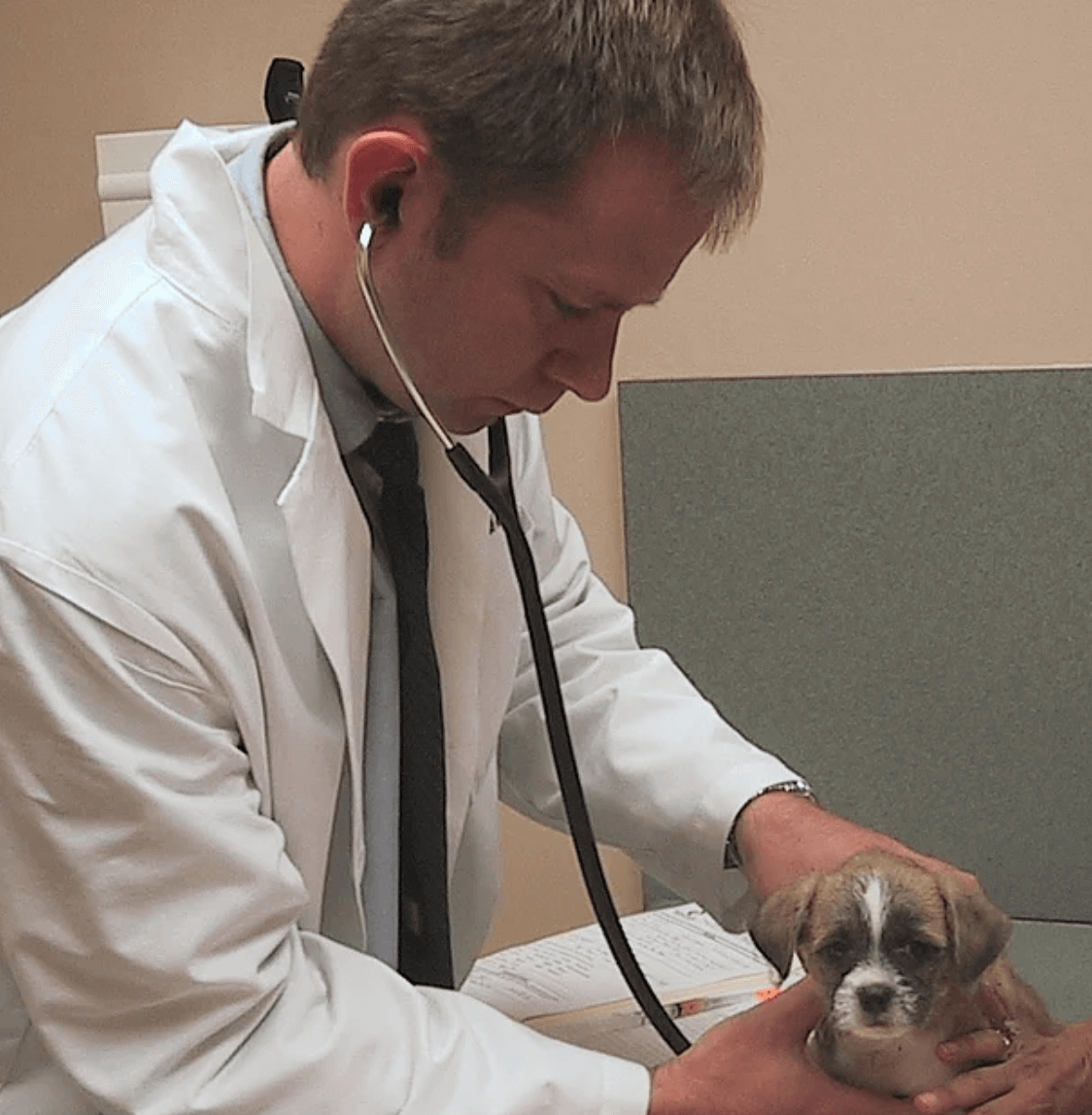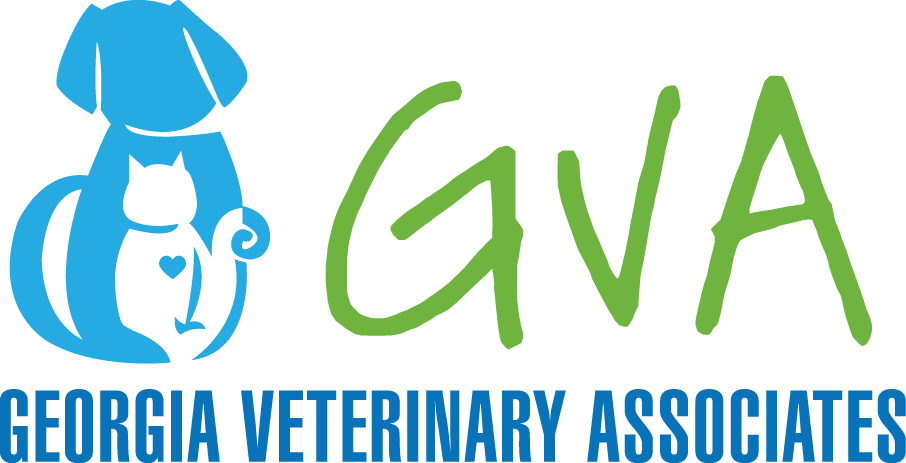 Wellness care is so much more than just vaccines. Annual wellness appointments and preventive care are important for cats and dogs in all life stages, and visits are tailored to each pet's specific needs and issues. At these appointments your veterinarian will examine your pet from "nose to tail", identify early changes which may indicate underlying disease, discuss behavior changes, nutrition, parasite prevention, screening tests, and any other concerns you may have. A healthy pet makes for a happy life!
Wellness care is so much more than just vaccines. Annual wellness appointments and preventive care are important for cats and dogs in all life stages, and visits are tailored to each pet's specific needs and issues. At these appointments your veterinarian will examine your pet from "nose to tail", identify early changes which may indicate underlying disease, discuss behavior changes, nutrition, parasite prevention, screening tests, and any other concerns you may have. A healthy pet makes for a happy life!
Wellness care includes:
-
Physical Examination - A thorough checkup with your veterinarian is the start of any wellness appointment. Your vet may identify early signs of illness in your dog or cat, such as ear infections, heart murmurs, weight loss, changes in skin/coat, dental disease, vision changes, pain, arthritis, or other symptoms of underlying disease.
-
Vaccinations - Vaccines are important for prevention of diseases ranging from mild respiratory infection to life-threatening viruses. Puppies and kittens should all have a series of core vaccines repeated several times between 6 and 14 weeks of age to ensure development of adequate immunity. Adults should have these vaccines boostered every 1 to 3 years, depending on the individual. Additional "lifestyle" vaccines will be discussed and recommended for each pet based on potential risks and exposures.
-
Comprehensive Bloodwork - Screening starting at an early age provides your veterinarian with baseline values for your pet, and can often detect early signs of disease before symptoms occur.
-
Heartworm Testing - It is important for dogs to be screened every year for heartworms. Even dogs who are on year round prevention should be tested to ensure adequate protection.
-
Feline Virus Testing - All kittens should be screened initially for infection with FeLV (Feline Leukemia Virus) and FIV (Feline Immunodeficiency Virus). Adult cats who go outdoors should also be screened annually for potential exposure to these viruses.
-
Parasite prevention - Georgia is home to a wide variety of parasites which may live both on the inside and outside of your pet. An effective parasite prevention protocol will be recommended for your pet based on their size and lifestyle. Parasites which live on the outside of your pet include fleas and ticks. These can cause itching, allergies, and be also be carriers of deadly diseases. Intestinal parasites , including roundworms, whipworms, hookworms, are commonly found in the soil and environment. They can cause diarrhea, intestinal inflammation, and other severe medical issues such as anemia and intestinal blockage. Heartworms are transmitted by mosquitoes, and are an endemic problem year-round in Georgia. Pets typically do not exhibit symptoms of heartworms until damage to the heart valves and lungs is advanced and sometimes irreversible. Treatment of heartworms is very expensive and challenging in dogs, and not available at all in cats. Luckily monthly preventions are very affordable and highly effective, and should be a cornerstone of any pet's wellness care.
-
Nutrition - Your veterinarian will assess your pet's weight and body condition and help you develop a diet plan which fits their age, breed, activity level, and any specific dietary restrictions. Our veterinarians can also make recommendations for diet preferences, such as grain free and natural choices.
-
Behavior - Behavior changes in pets can sometimes indicate underlying medical conditions, such as pain or development of other disease. Discussing these changes with your veterinarian can help target potential issues. Your veterinarian can also help develop a training and behavior modification plan for topics such as potty training, anxiety, or other concerns which may arise.
-
Travel Health Certificates - Our veterinarians are certified by the USDA to issues health certificates for both domestic and international travel. They can also discuss a plan for pets who suffer from anxiety while traveling.
